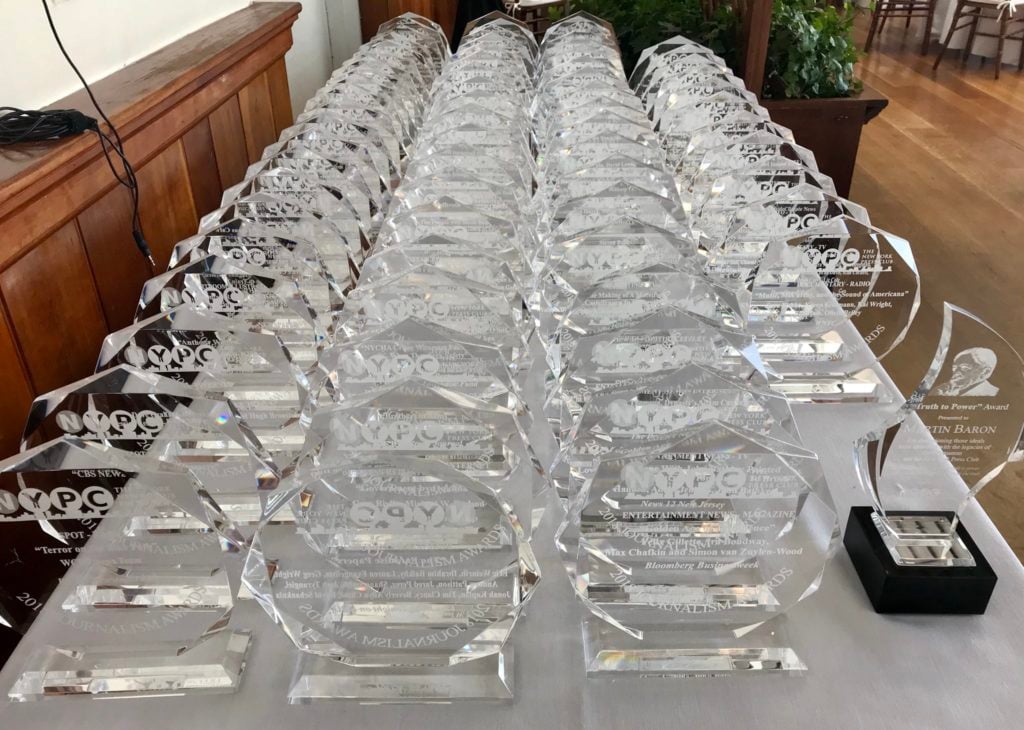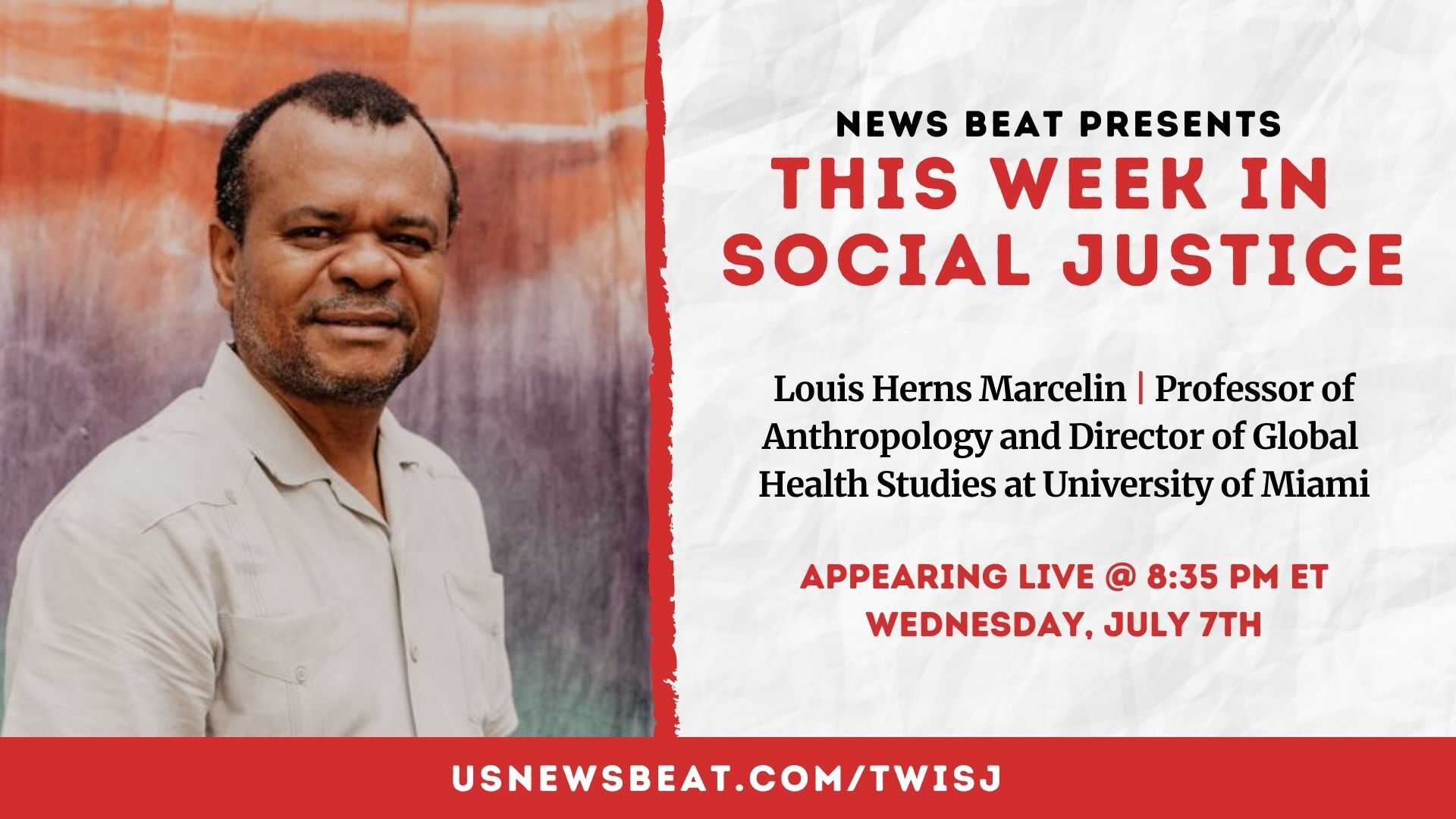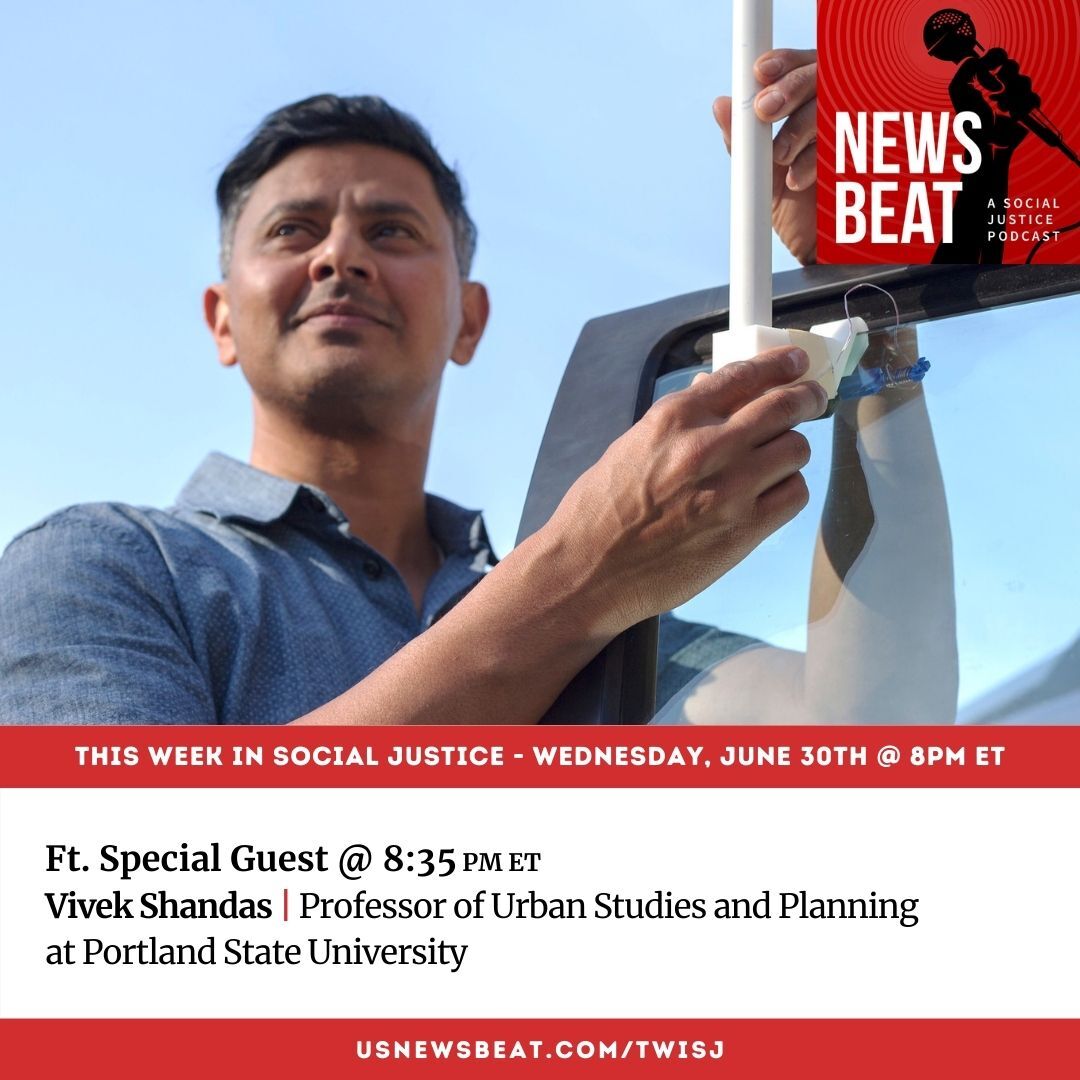Michelle S. Jacobs is a professor of law at the University of Florida Levin College of Law, where she teaches criminal law and critical race theory, among other topics.
On our episode "#SayHerName: Confronting 400 Years of State Violence Against Black Women," Jacobs chronicled the legacy of brutalization wrought upon Black women and girls, from the slave trade of the 1600s through modern times. [Listen to the full episode.]
She documented many of these critical insights in her comprehensive analysis "The Violent State: Black Women's Invisible Struggle Against Police Violence," published in the William and Mary Journal of Race, Gender and Social Justice. Among others, Jacobs examines the permeation of racist stereotypes, police brutality, sexual assault, rape, and murder. She also stresses how severely the law failed these victims after the Civil War.
Listen to the podcast by subscribing to News Beat on your favorite pod app.
“And law reflected the normative view that Black women were not civilized enough to be brought within the bounds of the protection of law,” she writes. “Stereotypes about Black women developed during this historical era are still dominant in state policy today. Public benefits law, educational law, delinquency and neglect policy, and all aspects of criminal law have embedded the stereotypes as the normative foundation for how government evaluates, judges, and punishes Black women.”
“After Emancipation many of these tropes continued to be used both culturally and legally,” she adds, “and sit at the bedrock of the development of much of what is modern law today.”
Below is an excerpt from our interview, in which Jacobs documents how racist tropes about Black women that originated during slavery, persist through today.
Michelle Jacobs
"Many scholars have identified—it can range four to five different tropes that follow Black women from slavery. But the ones that I focus on are the ones that primarily affect us in the criminal justice system. So first, we have the idea that Black women aren't really women. And we see this in the sense that back in the 1600s, and the 1700s, as well, in order to make white Christians feel better about how they were brutalizing other human beings, it was necessary to disconnect Africans from the concept of humanity.
"So, because if you're a Christian and you're following the teachings of Jesus Christ, you can't actually follow those teachings or claim to be following those teachings if you're brutalizing, if you're raping and killing people who don't look like you. And so it became necessary to ensure that whites did not view particularly Black women who they needed to, you know, rape and force to produce these other children, as human beings. And then when we get to the period of time when we can, okay, sort of accept with irritation the fact that Black women might be women, you know, there's always this distinction that they're not really like 'white women.' They're not delicate and pure and worthy of being treated with dignity, because they're not that, they're some hybrid woman, man-animal type of thing.
"And so you have that trope, and you see that in the police reports, in the way that judges talk about Black females, either defendants, or in the domestic violence context of victims. You know, the courts have a hard time viewing these Black women as someone who's worthy of respect, worthy of dignity, worthy of being able to live safe.
"Then the second one, and this clearly continues to today: If we accept the fact that they are women, let's look at the character of these Black women. They're not really good women, because they'll have sex with anybody. They're licentious. And you could see this, particularly in Thomas Jefferson's papers, where he'll talk about how Black women would have sex with any animal. Because that's their nature—it's a base nature.
"And we see that follow us through today. We see it in the juvenile court system, when Black mothers are trying to protect their children. We see it in the family court system, where Black mothers are demonized by the court unlike similarly situated white mothers. This started in the 1600s, and it has continued unabated until today. And if we never examine the foundational beliefs that cause those tropes, you can't fix it.
"And in order to examine the foundation, you really do, America really does have to go back and deal with the slave history. Right? You can't have people walking around saying, 'I pulled myself up on my bootstraps, I don't understand why they can't do it,' if they don't understand the structures that have been put in place. Not since Trump got in place, not under any of the Bushes or Reagan, but from the 1600s, when the decision and law was consciously made to select this group of people, at that time Africans, and have the law apply to them in a way that was different from the way it applied to whites. We have to go back to that."









